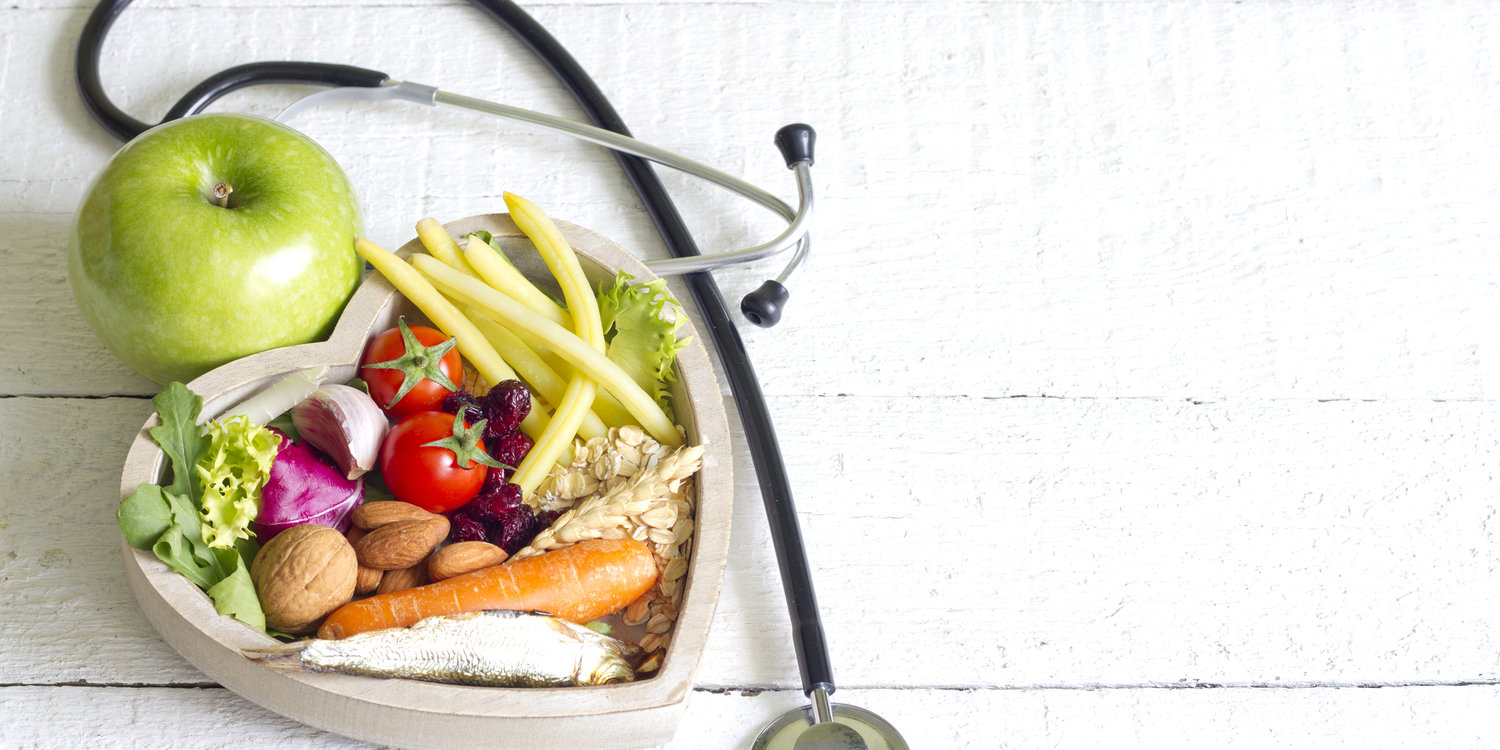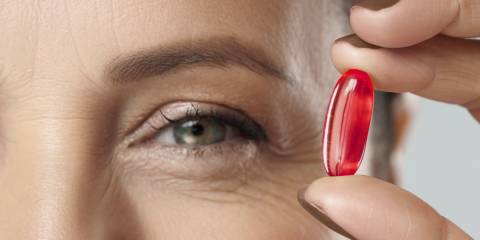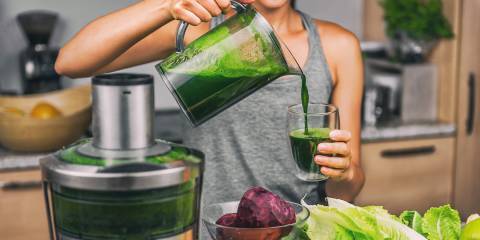Any time is an ideal time to take a hard look at what you’re eating and adjust your diet toward more wholesome choices. Try these quick tips to jump-start nutrition.
1. Vary Your Diet
Most Americans eat the same few foods (corn, dairy, eggs, sugar, wheat, and yeast) every day, setting themselves up for food allergies and boredom, which can lead to overeating, while limiting their nutritional intake. Add some of the following to your diet:
- Beans (a cup a day can lower cholesterol up to 10 percent in six weeks), running the gamut from tiny adzukis to hearty pintos.
- Brightly colored fruits and veggies, choosing daily from the cabbage family (bok choy, broccoli, Brussels sprouts), citrus family, legumes (beans, peas, soybeans), lily family (asparagus, garlic, onions), melon/squash family, solanum family (eggplants, peppers, tomatoes), and umbel family (carrots, parsley, parsnips).
- Gluten-free grains: buckwheat, millet, quinoa, sorghum, teff.
- Rice bran, a non-bloating source of fiber that helps balance blood sugar and control weight, and its oil, which helps lower cholesterol. Surprise: Rice bran is rich in antioxidants.
2. Enjoy a Little Healthy Fat Daily
The human body can’t produce essential fatty acids (EFAs), important fats that support your brain, heart, weight control, and may even help tame PMS and hot flashes. Use extra-virgin olive oil for cooking, and add wild-caught fish, evening primrose and flax oils, walnuts, and EFA supplements to your diet.
3. Less Really is More
Pay attention to portion control, using the following sizes as a gauge:
- A serving of meat or poultry =a computer mouse
- A serving of fish = a checkbook
- A 1-ounce serving of cheese = your thumb
- A serving of butter = your thumb tip.
By eating realistic portions, you can retrain yourself to enjoy satiety—without stuffing yourself. “It’s all about listening to your body’s cues,” says Cindy Moore, MS, RD, “but a lot of people don’t do that. They just eat until the food is gone.”
4. Snack on Nutritious Foods
A little fruit, a handful of nuts, or a cup of broth-based soup can help curb appetite and balance blood sugar. For example, eating half a grapefruit before meals improved insulin resistance and contributed to weight loss in obese subjects in one recent study.
5. Eat Organic Whenever Possible
Organic foods have been produced without toxic and persistent pesticides, synthetic fertilizers, growth hormones, and sewage sludge (a source of heavy metals). In addition, scientists have recently discovered that organic produce is higher than conventionally raised crops in antioxidants that slow aging and polyphenols that help delay diabetes.
6. Stay Hydrated
Drink plenty of pure water daily (half your body weight in ounces) between meals. “If you wait to drink until you actually feel thirsty, you’ve waited too long,” says nutritionist Ann Louise Gittleman, PhD, CNS. “Dehydration starts long before we’re conscious of it.” Don’t consume more than half a glass of liquid with meals, though. “Drinking too much of any liquid while eating can dilute your hydrochloric acid, which is so necessary in the digestion of protein and the assimilation of acid-based minerals such as calcium and iron,” she adds.
New research suggests that drinking several cups of green tea a day helps protect your heart and lengthen your lifespan. This polyphenol-rich unfermented tea even helps fight certain types of cancer, diabetes, and bacteria like H. pylori, implicated in ulcers.
7. Consider Supplements
“For about a dime a day, you can enjoy the benefits of some pretty decent health insurance. It comes in pill form—as a multivitamin,” says Harvard’s Walter Willett, MD. No wonder that half of medical students recently surveyed take a daily multivitamin/mineral formula. Also consider extra calcium and other bone-building nutrients.
&
Enzymes protect your investment in supplements by increasing nutrient absorption and supporting digestion. “By some estimates, 80 percent of the energy we use in our lifetime is used to digest the foods we eat,” says Tom Bohager, author of Enzymes: What the Experts Know. The more energy we can free up for the body to use in fighting disease, the better, he adds.




